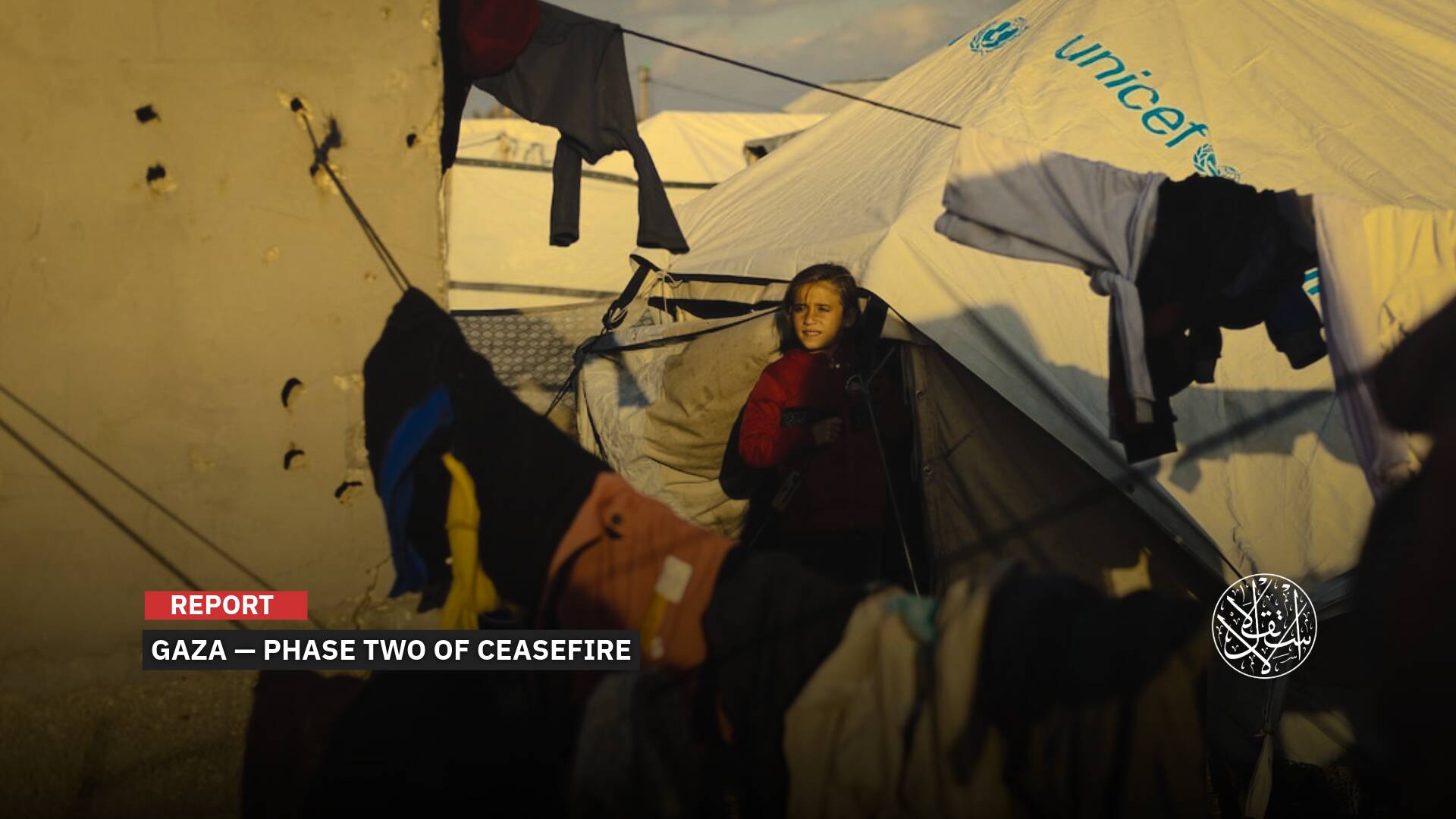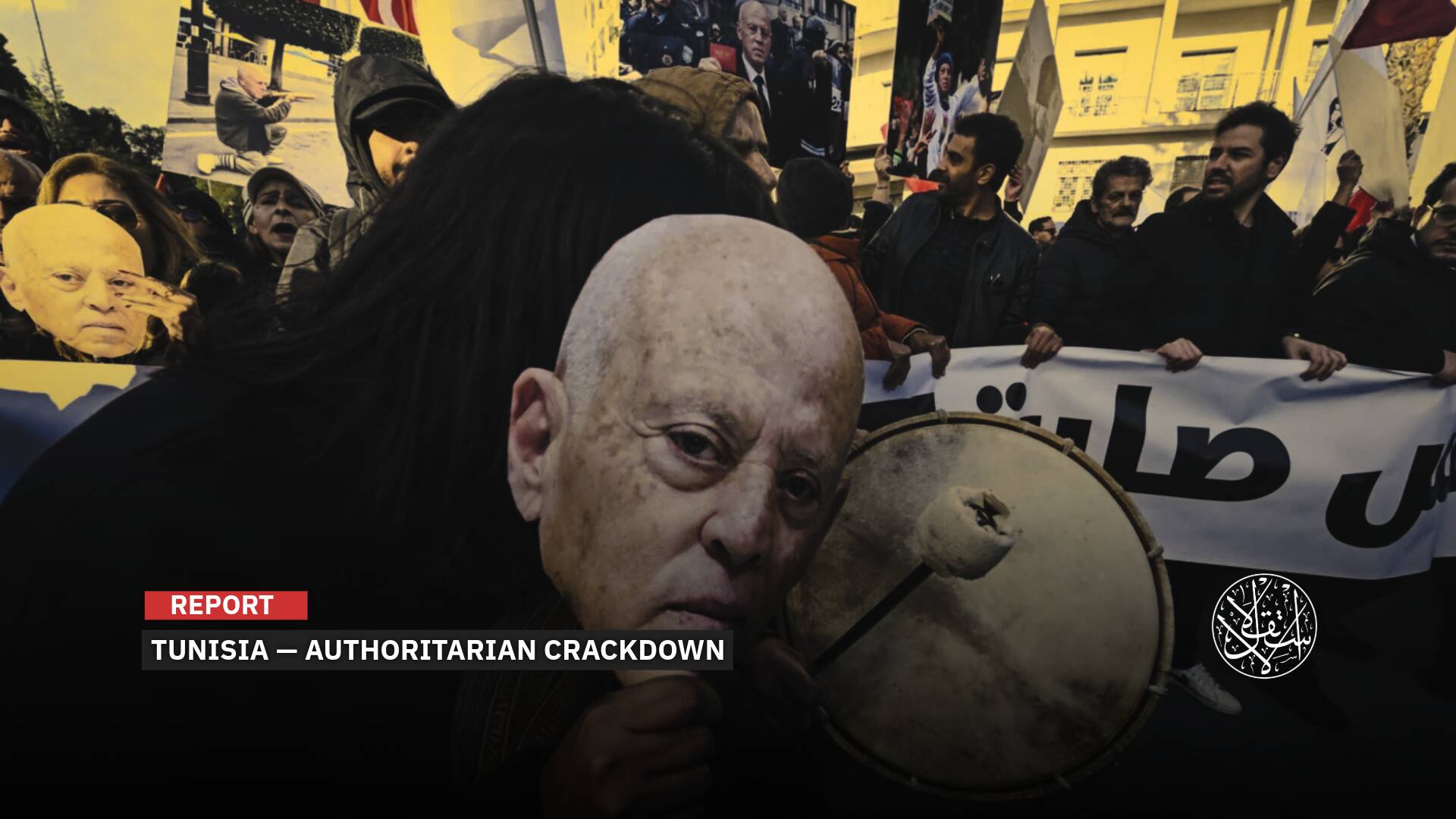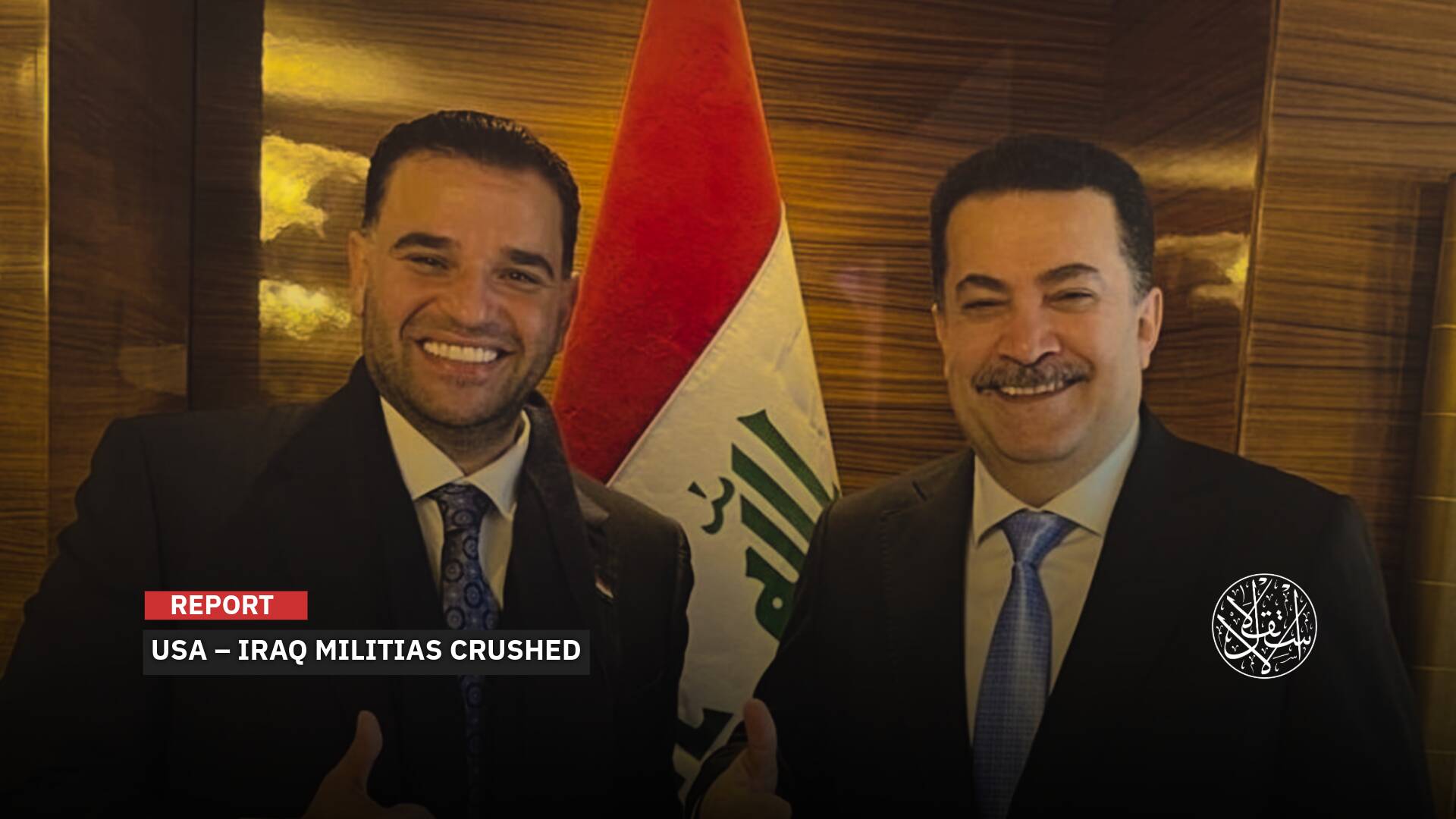Is China Withdrawing from Iraq Due to Recent Protests?

The ongoing political turmoil and subsequent protests in Iraq are disrupting Chinese business operations in the country, which may soon hurt Beijing's geopolitical ambitions in the region.
As the United States has left the region, Beijing wants to increase its influence, and strengthening economic connections with Baghdad will probably eventually translate into political dominance.
Iraq has played a major role in Beijing's foreign strategy. Iraq is one of China's main trading partners, and the two countries have strong trade ties. According to reports, Baghdad is China's third-largest oil supplier.
For China's Belt and Road Initiative, Iraq is a blessing in disguise. Baghdad is strategically crucial due to its oil resources and location near the Arabian Gulf and Strait of Hormuz.

Protests Danger
However, protests have been occurring close to the locations where the China Petroleum Engineering and Construction Corporation operates amid the current political unrest in the nation, risking the security of the personnel.
The protesters have reportedly asked for improved services and infrastructure for the district's march, as well as some water conservation.
According to reports, the police recently used live ammunition to disperse a protest near the Chinese oil company's offices in Maysan, the southern governorate of Iraq.
In the al-Kahla district, southeast of Maysan, protesters and security officers got into a fight, according to witnesses who were quoted by a local media site.
Analysts now believe that if these protests continue, PetroChina may leave Iraq. The China Petroleum Engineering and Construction Corporation has threatened to leave the country or move to another place if the protesters continue to interfere with its security and the well-being of its employees.
Although China clearly achieved considerable progress in Iraq, it could not fully realize its regional objectives. The current developments in Iraq seem to have crushed Beijing's objectives.
Additionally, Beijing's interest in the region is at odds with the current negotiations between the USA and Iran for the resurrection of the JCPOA agreement because they may strengthen connections between the two countries.

Chinese Investments
In October 2019, Adel Abdul Mahdi, then Prime Minister of Iraq, signed an agreement with China that activated the "oil for reconstruction" program, under which dozens of Chinese companies pledged to work in Iraqi infrastructure in exchange for Beijing receiving 100,000 barrels of oil per day.
This agreement revived an old agreement that Abdul Mahdi also signed with Beijing in 2015 that carried the same principles but was then oil minister under Prime Minister Haider al-Abadi after Iraq agreed to engage in China's Belt and Road initiative in exchange for the signing of the "oil for reconstruction" agreement, the provisions of which included allowing Chinese companies to invest heavily in all of Iraq's economic joints in exchange for supplying China with a specific number of barrels of oil.
The 2015 agreement was not implemented due to political tensions in Iraq, resulting in successive cabinet changes that froze the "China deal" until Abdul Mahdi took the helm and revived him.
Under the new agreement, Chinese companies will build a thousand schools in Iraq—with a pledge to discuss the construction of another 7,000 schools in the future—and work has begun to build an airport in Nasiriyah City, 90,000 homes in Sadr City, and a thousand medical facilities.
Moreover, the agreement ensures the implementation of a comprehensive sanitation improvement operation in Baghdad and the construction of a "science city" in northern Iraq that will include a huge university, research laboratories, and public parks, unlike dozens of other projects in Iraqi infrastructure implemented by Chinese companies with funding from Chinese banks.
The deal opened the door wide for China to flow into sectors of the Iraqi economy, a move that caused Western fears that Baghdad would become a hostage to the Chinese dragon, like many capitals of emerging Asian countries that have been mired in several economic crises due to its absolute dependence on Chinese investments.

US Vacuum
Unlike the West, Beijing provides generous aid to Iraq without imposing political conditions on Iraqi leaders, such as achieving more democracy or pursuing structural reform policies for the domestic economy, so cooperation with China seems more attractive.
The moves come as the United States reduces its presence in the country after announcing the end of its "combat missions" in Iraq and shifting the roles of its remaining soldiers (2,500 US troops and a thousand other coalition troops) into advisory missions, reflecting Beijing's swift quest to fill any vacuum the United States may leave in Iraq.
On the economic front, too, many Western oil companies have begun to reduce their presence in Iraq because they consider the country a "risky investment environment," and widespread corruption in the country, most notably the exit of the US oil company ExxonMobil from the West Qurna 2 oil field despite official government appeals not to do so.
British Petroleum plans to take a similar step with its investments in Rumaila, Iraq's largest oil field.
As a result of these steps, Chinese companies do not stop acquiring the concessions of Iraq's oil fields one by one.

Oil for Reconstruction
Iraq has succeeded in ending ISIS's control over vast parts of its territory. But despite the victory, the price was high: the country's infrastructure has crumbled, and Iraq needs $88 billion to rebuild its dilapidated infrastructure, according to World Bank experts.
In contrast, Beijing's energy insatiable insatiability, which has placed it on the throne of the world's most oil-seeking country, so it does not stop making deals that provide it with oil left and right: with Iran, Saudi Arabia, and finally Iraq, which China has set its sights on as a key target immediately after the fall of the Hussein regime. In 2010, 80 percent of Iraq's $8.5 billion debt was written off at the time in exchange for "strengthening economic cooperation between the two countries."
This step came after a while Chinese companies began to incur into Iraq: in 2018, China imported 27% of Iraq's total oil, thus paying China $22 billion out of the total 83 billion that Iraq reaped that year from the sale of its oil to the world.
In 2021 alone, China imported about 44% of Iraq's oil to rank first globally in Iraqi oil demand, with a volume of more than 60 million tons of crude oil.
One of the main reasons for the development of economic cooperation is that China does not pay much attention to the turbulent security situation in Iraq, as it has close ties with Iran and the military militias supporting it inside Iraq.
This makes its investments enjoy insurance that Western companies do not usually receive, as China has not withdrawn its workers or engineers no matter how bad the country went through, even in light of the takeover of a third of the area of Iraq by ISIS extremists in the maximum breadth of their state.

Soft Power
John Calabrese, a political analyst at the Middle East Institute in Washington, says China is not only doing all this to grow its trade but is also seeking to impose its presence in the Middle East, a region that has come to be dominated by the West, especially the United States in recent decades following the collapse of the Soviet Union, the only country with rival influence in the region.
One form of this presence is what happened in June of this year, when Iraq and China signed a "visa waiver" agreement for specific categories of citizens of the two countries, led of course by investors, in an effort to facilitate trade between the two countries.
Another form of Chinese incursion into Iraq is the remarkable demand for learning Mandarin (the official Chinese language) in Baghdad.
According to the "oil-for-construction" agreement, Chinese companies will have to cooperate with local contractors who provide them with raw materials and manpower, which opens the door to community cooperation between the two parties.
The fruits of this cooperation quickly appeared on Iraqi soil after the announcement of the inauguration of the "Iraqi-Chinese Friendship" association, which began to provide Chinese language lessons to Iraqis.
These lessons witnessed a turnout of Iraqi businessmen who cooperate with Chinese companies in their country or import goods from them and sell them in the local Iraqi market.
This Chinese expansion has cast a shadow over Iraq's foreign policy in its alignment with Beijing's international positions.
In 2019, Iraq took a stand in favor of China's policies, despite the fact that Uighur Muslims have been subjected to numerous waves of abuse in the Xinjiang Autonomous Region.
Iraq was one of the signatories to a joint letter to the president of the UN Human Rights Council praising China's efforts to combat terrorism and extremism.
A year later, Iraq defended the Hong Kong National Security Law, which imposed severe restrictions on freedom of demonstration and expression against any domestic lawsuits demanding secession from China, for which it received fierce Western criticism, but which in return received support from Beijing's allies, especially small countries shackled by Chinese restrictions.











